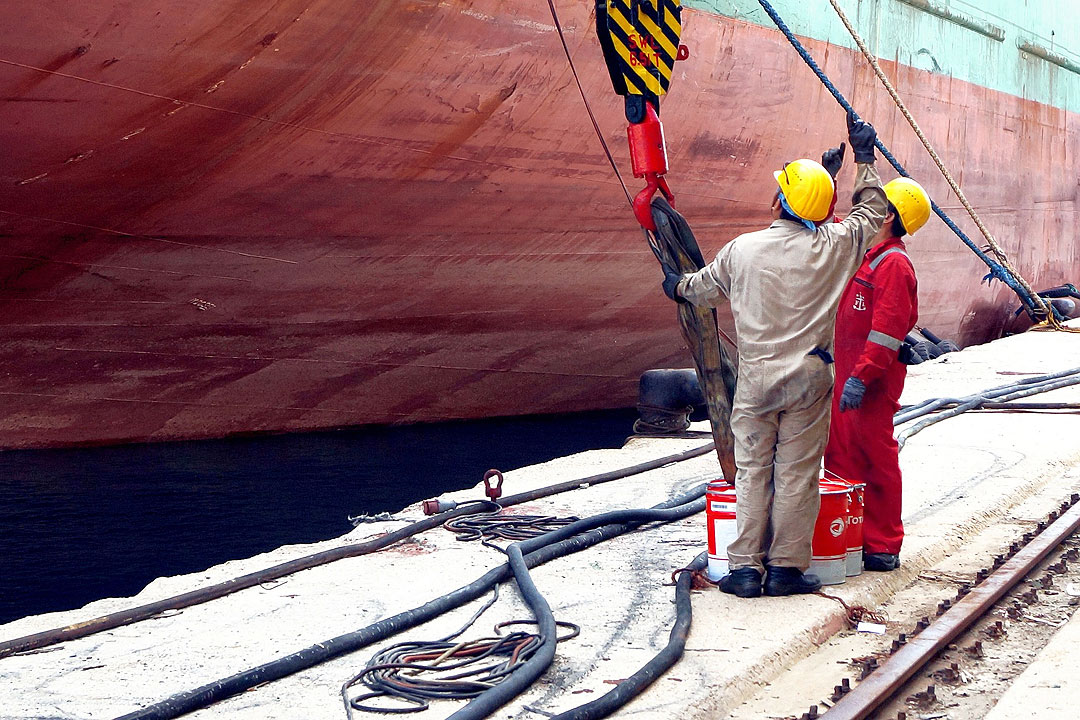Meeting int’l shipping norms to kick off maritime modernization

PRESIDENT Ferdinand R. Marcos, Jr. ordered maritime regulators on Thursday to bring shipping practices into line with international standards, calling it the first step to modernizing and expanding the industry.
Mr. Marcos also raised concerns over high shipping costs in the meeting with maritime officials, and called for a medium-term plan to meet international standards and upgrade the training of seafarers.
The President called the industry’s operations “obsolete,” according to a Palace statement detailing the results of the meeting.
Maritime Industry Authority (Marina) administrator Sonia Malaluan sought the President’s approval for a proposed development plan for the industry running until 2028, the components of which include shipping expansion, modernized shipbuilding, and skills upgrades for the industry’s workforce.
“Let us first standardize our systems,” Mr. Marcos said, “and at the same time… undertake the promotion of (our) highly skilled Filipino maritime workforce.”
“(In terms of) shipbuilding and ship repair, we haven’t done much to promote that. The rest are for further development,” he added. “Let’s standardize our practices so that we will be (in line with) our international counterparts.”
“We have to fix our house first because we have to compete and in order to do that we should have an even playing field, and then we should (seek to) gain an advantage.”
The Philippines is the world’s leading source of maritime manpower, supplying 25% of global seafarers, the President said. Seafarers sent home $6.71 billion in remittances last year.
Mr. Marcos over a year ago ordered the creation of an advisory board to address the concerns of the 600,000 Filipino seafarers deployed worldwide, following the Philippines’ failure to comply with European Union standards and an inspection by the European Maritime Safety Agency in March 2022.
At the meeting, Mr. Marcos noted that it is usually cheaper to ship cargo to the Philippines from overseas than it is to ship cargo from one domestic port to another.
In response, the maritime regulator, known as Marina, said domestic shipping is expensive because of excise taxes on fuel and lack of vessel scale.
International shipping is not subject to excise tax on fuel, Marina said, adding that vessels are smaller and less cost-efficient.
It also cited the lack of interest from foreign investors to participate in the shipping industry.
The Philippines in 2022 passed a law that amended the Commonwealth-era Public Service Act, allowing full foreign ownership in key domestic industries including shipping.
Marina has called for fleet modernization, adding that the Philippines still allows 20-year-old passenger ships to operate and 25-year-old vessels to haul freight. — Kyle Aristophere T. Atienza



